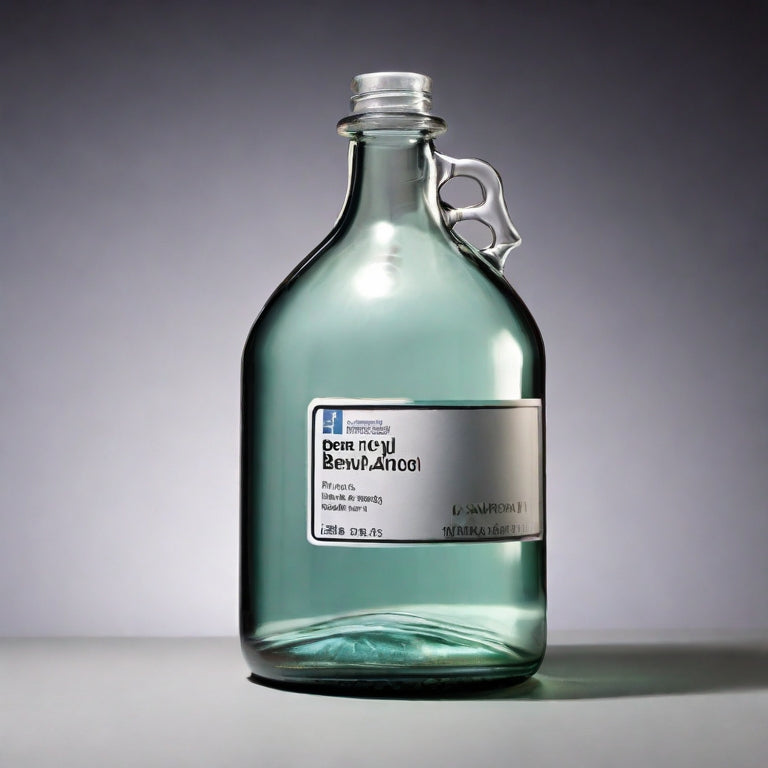Benzyl alcohol is a water-white liquid with a faint aromatic odor and a sharp burning smell. The aqueous solution of benzyl alcohol is neutral. Benzyl alcohol slowly decomposes into benzaldehyde when exposed to air. Therefore, the storage tank should be filled with nitrogen. Benzyl alcohol is incompatible with oxidizing agents.
Benzyl alcohol (BA) is an aromatic alcohol used as a solvent in the production of fragrances/fragrances, paints and adhesives. BAs have been widely used in human medicine as antimicrobial antiseptics, local anesthetics, and antipruritic agents.
- E-1519
- INS No. 1519
- NSC-8044
- CAS No. 100-51-6
- Chemical formula C7H8O

Benzyl alcohol uses
Drugs and Cosmetics:
Benzyl alcohol is commonly used as a pharmaceutical solvent and as a preservative in cosmetics, skin care products, and topical medications.
Medical applications:
It can be used as a local anesthetic when injected into certain tissues and as a bacteriostatic preservative in injectable medications.
Spices and Condiments:
Benzyl alcohol is used in the flavor and fragrance industry to provide fragrance to a variety of products.
Cleaning and Disinfection:
It is an effective solvent for many substances, making it useful in cleaning and disinfection applications.
Personal care products:
Benzyl alcohol is found in shampoos, lotions, and other personal care products as a stabilizer and preservative.
Disadvantages and shortcomings:
Irritation and allergies:
Some people may experience skin irritation or allergies when exposed to benzyl alcohol, especially in high concentrations. It may cause contact dermatitis in sensitive individuals.
Aspiration risk:
Inhalation of high concentrations of benzyl alcohol vapor may cause respiratory tract irritation. In heavy use environments, adequate ventilation is necessary.
Systemic absorption potential:
There is potential for systemic absorption when used topically or in certain pharmaceutical formulations. This may be a problem, especially in individuals with impaired liver function, since benzyl alcohol is metabolized by the liver.
Not suitable for intrathecal use:
Because benzyl alcohol may be toxic to the central nervous system, benzyl alcohol should not be used in medications administered intrathecally (into the spinal canal).
Newborn safety:
Benzyl alcohol toxicity, known as "wheezing syndrome," has been reported in premature or low-birth-weight infants who receive medications containing high concentrations of benzyl alcohol. This has led to recommendations against its use in this population.
Impact on the environment:
The production and use of benzyl alcohol can have environmental impacts. It is important to handle and dispose of it responsibly to minimize environmental impact.
Flammable:
Benzyl alcohol is flammable and appropriate precautions should be taken when using it in areas where there is a risk of ignition.
It is important to follow recommended guidelines and concentrations and consider personal sensitivities and health conditions when using benzyl alcohol. As with any chemical, it is recommended that it be used in accordance with safety regulations and under the guidance of a professional when required in various applications.














